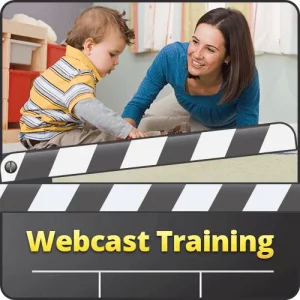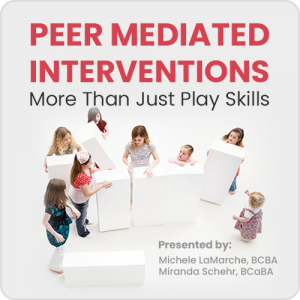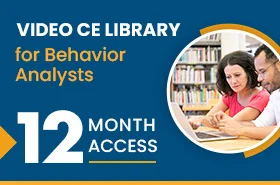SCERTS
SCERTS is an acronym that refers to Social Communication/Emotional Regulation/Transactional Support. Social communication focuses on building communication, expressing emotions and developing trusting relationships for individuals with autism. Emotional Regulation concentrates on enhancing the skills of individuals with autism to sustain a controlled emotional state appropriate for dealing with daily stress, and for learning and interacting. Transactional Support refers to the development and application of support to assist partners in responding to the child’s requirements and interests. Transactional Support also denotes modifying and adjusting to the environment, and providing tools to improve learning such as picture communication, etc.
SCERTS aims to deal with the major challenges faced by children with autism. It provides care that focuses on family. It gives precedence to the skills and abilities that result in long-term constructive outcomes. It prepares the family and educational providers to practice a complete evidence-based program that will enhance the quality of life of the children with autism and their families.
SCERTS can be implemented with children as well as adults. It helps to develop various abilities regardless of whether the individual has verbal or nonverbal skills. It is a model that is based on a lifespan pattern, starting from early diagnosis, through school years and further on. It can adjust to exclusive requirements of various social situations at home, schools, society and later on to the vocational environment of an individual with autism.
A well organized evaluation system assists a team in measuring the child’s improvement and determining what kind of supports should be implemented by the child’s family and other social partners. This evaluation system is designed to:
- select practical, important and necessary goals that are required for development
- respect the individuality of a child’s interests, inspirations and manner of learning
- understand and respect the background and lifestyle of the family
- engage the child in important activities all day
- develop and use supports constantly across activities, environments and partners
- monitor the child’s progress over time
- take responsibility to evaluate the quality of the program regularly
SCERTS provides an organized approach intended to consistently apply the particular skills and support necessary to achieve the goals set by the parents and support team. Families and education providers can get a whole range of treatment techniques, including Applied Behavior Analysis, Floortime, Social Stories, TEACCH, Hanen and RDI. SCERTS helps individual with autism to learn and apply useful and applicable skills in various circumstances with different partners.
Copyright © by Special Learning Inc. All right reserved.
No part of this article may be reproduced in any manner whatsoever without written permission except in the case of brief quotations embodied in critical articles and reviews. For information, contact Special Learning Inc., at: contact@special-learning.com








